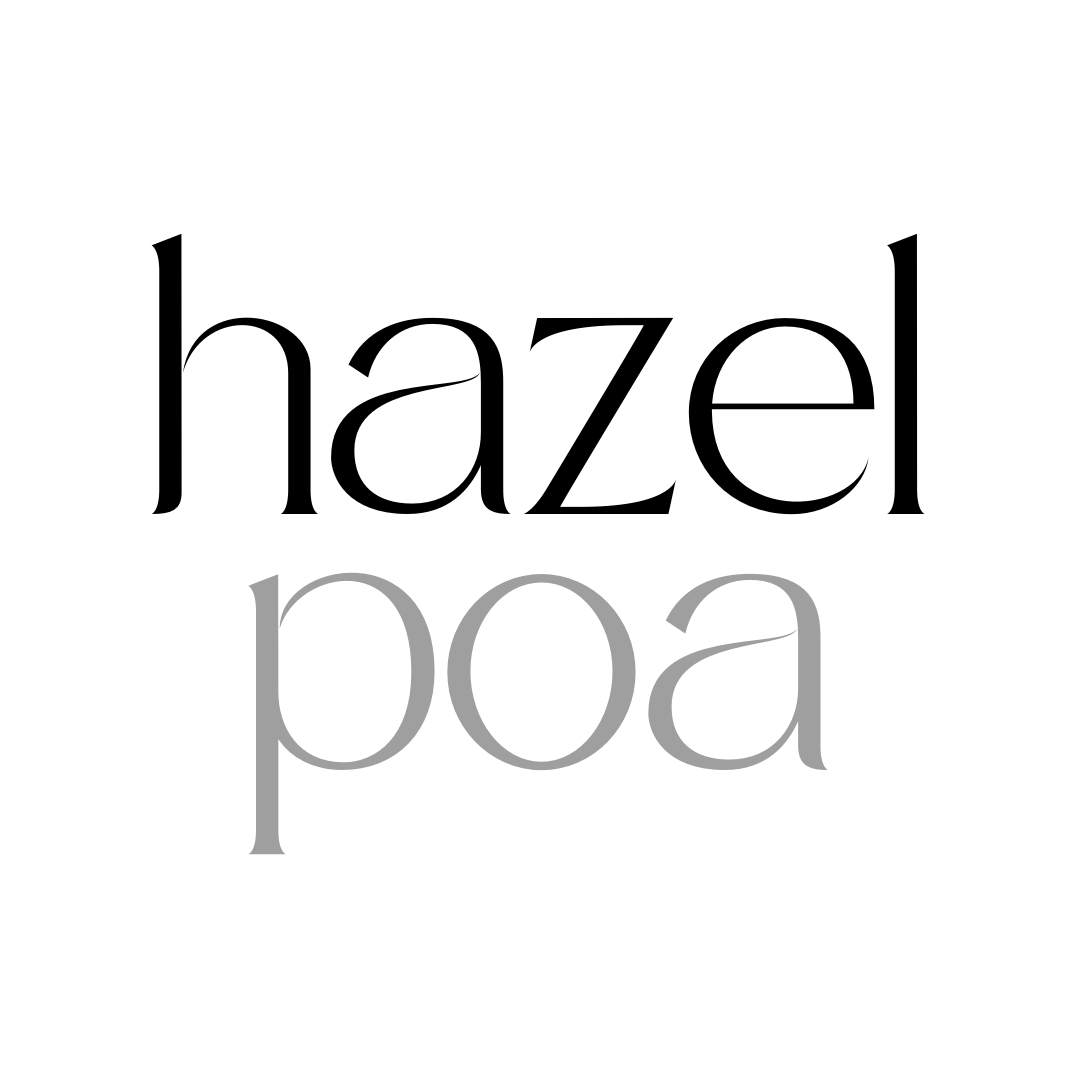Mr Chairman,
Last year, I urged MOE to consider implementing a pilot project of a 10-year through-train programme, giving students an option to bypass the Primary School Leaving Examination (PSLE). I also mentioned the work of EveryChild.sg, whose White Paper advocates for PSLE to be an optional pathway.
The Minister for Education raised a few issues with a through-train programme. I would like to address them today. The Minister said that it is neither realistic nor desirable to shield our children from all stresses. But we are talking about young children below the age of 13 years. Even adults can have trouble managing stress, what more young children? The stress of PSLE is arguably not age-appropriate.
In addition, it does not mean that a child who faces stress from a young age will necessarily grow up to handle stress better as an adult. In fact, the opposite might be true; a child who faces an unhealthy amount of stress at a young age might develop mental health conditions that continue into adulthood.
There is no one school in Singapore that can cater to all learners. Let us open up a new range of schools, small and mid-sized, with some offering non-PSLE routes, helmed by progressive school leaders. I believe MOE already has school leaders who are ready to pilot a through train. Let us also allow flexibility for students to switch schools or programmes if they find themselves in one that is unsuitable.
The Minister also argued that removing PSLE would deny parents and students the ability to choose their schools. My answer to that is that our current system denies parents the choice of not letting their children take PSLE. Parents can make this choice if we pilot the through train. We do not have to choose the popular schools for the through-train pilot. Those who wish to enter these popular schools can continue to do so through the PSLE route.
Next, the issue of social mixing. If a student mixes with 40 other students every year, he or she will get to meet 400 other students over 10 years. Since the average number of students in each school is about 1,200, this is not a limitation. In fact, it is the PSLE system that has contributed to stratification when we group students with similar scores together.
As for academic checkpoints, we can and should trust the quality of internal school examinations. Having a through-train programme does not mean there will be no exams. If a child wants to transfer to another school, MOE can allow them to use their internal school exam results to do so.
Making PSLE optional would be a game changer. Families that want the PSLE to add to their children’s portfolio can continue with it. Families which do not, can choose the non-PSLE route and focus their children on other assessments that are benchmarked against real life skills and contexts. The Progress Singapore Party urges the Government to not hesitate with piloting at least one through-train school in Singapore.
Let me end by sharing a quote from a National Institute of Education (NIE) article that Dr Jason Tan, associate professor of Policy, Curriculum and Leadership, wrote last year: “It is interesting to note that MOE’s Desired Outcomes of Education, …make no explicit mention of the PSLE. Instead, the primary school outcomes focus on general attributes. These include pupils being able to distinguish right from wrong, knowing their strengths and areas for growth, having a lively curiosity about their surroundings, taking pride in their work and being able to cooperate, as well as share and care for others. There is therefore much more value to primary schooling than preparation for this major exam.”
